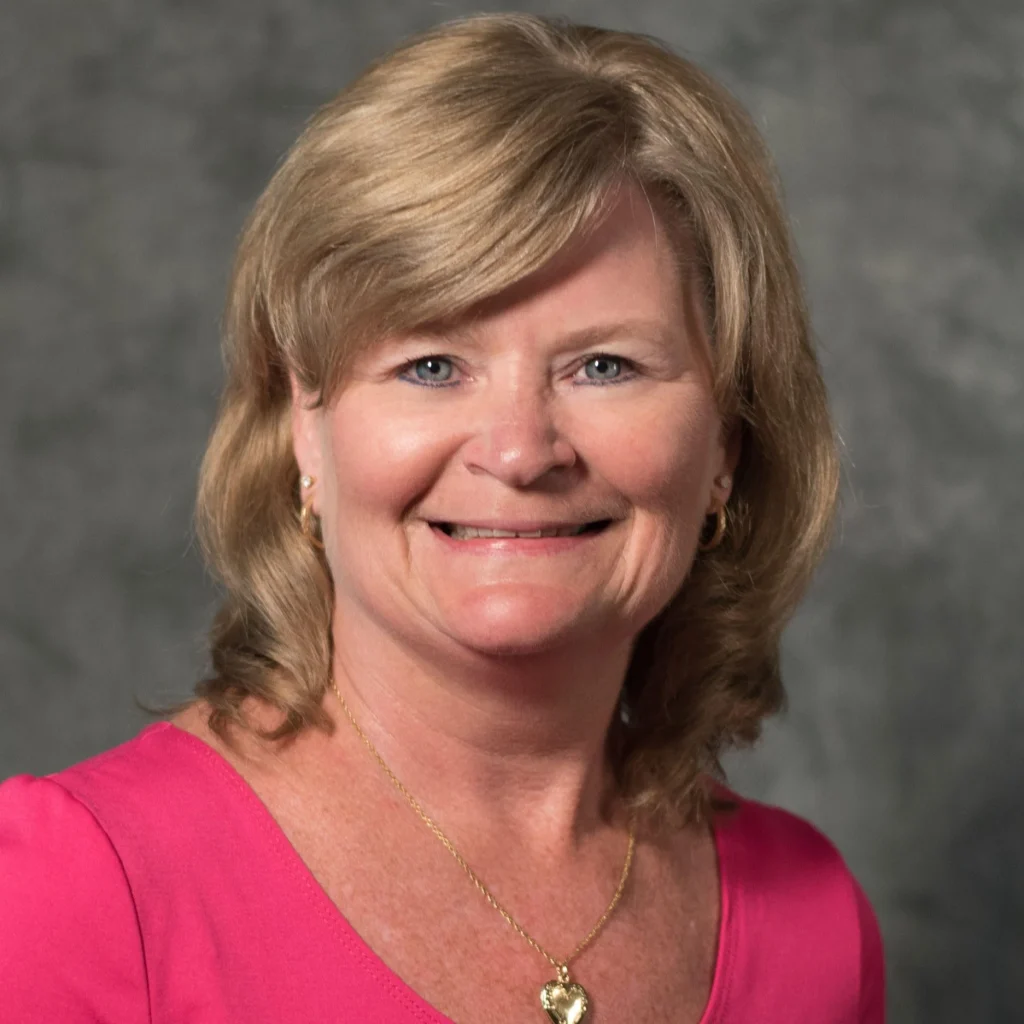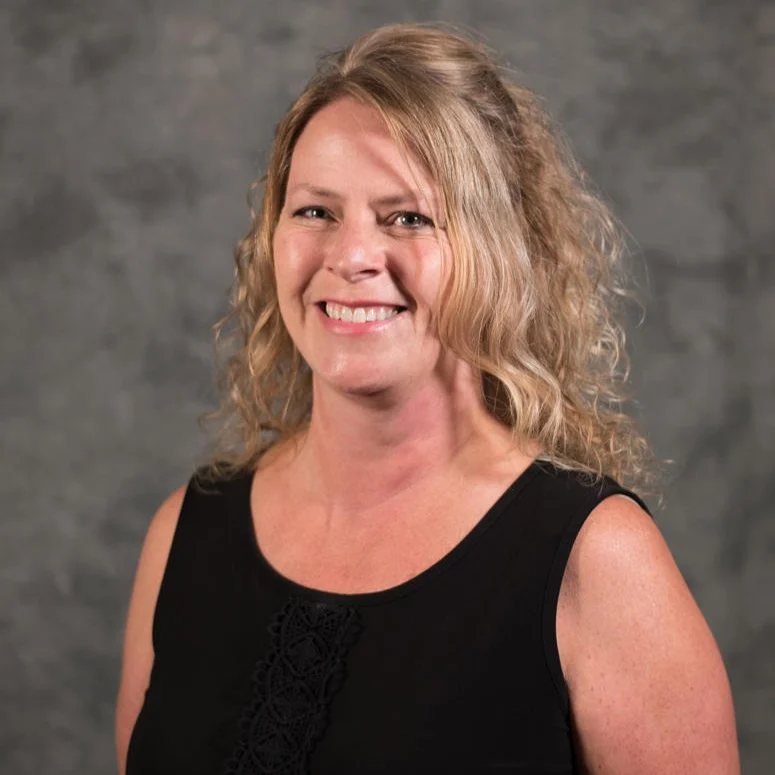Our team provides exceptional hospice and palliative care services throughout Alexander County, North Carolina. We’re here to support you and your loved ones with compassionate, personalized care when you need it most.

At Carolina Caring, we take pride in delivering comprehensive hospice care and palliative medicine services throughout our community. From the bustling community of Taylorsville to the peaceful neighborhoods of Bethlehem, Hiddenite, and Stony Point, our care teams bring comfort and support directly to you. We understand that each family has unique needs, which is why we provide personalized care wherever you call home. Our mission focuses on enhancing quality of life, ensuring dignity, and offering comfort to individuals and families facing serious illness across the region.
Palliative medicine focuses on enhancing daily life for those managing serious illness. Our specialized team works alongside your current medical providers to develop a comprehensive care plan that addresses your unique needs and goals. We bring expert symptom management and supportive care directly to you throughout Alexander County, helping maintain independence and comfort while dealing with health challenges.
Our innovative home care program brings healthcare directly to those who face challenges accessing medical care. Our providers ensure you receive consistent, high-quality medical care in the comfort of your own home. This service particularly benefits those with mobility issues, chronic conditions, or disabilities that make traditional office visits difficult.
Hospice care provides comprehensive support for local families navigating end-of-life care decisions. Our experienced team delivers specialized medical care, emotional support, and practical assistance wherever you feel most comfortable. We coordinate closely with healthcare providers throughout Alexander County to ensure seamless care that focuses on comfort, dignity, and quality of life.
Our pediatric palliative care program, Cardinal Kids, brings specialized support directly to families throughout Alexander County’s communities. Our team offers specialized support that includes managing complex medical needs at home, coordinating with regional pediatric specialists, and providing support services that help families maintain normal routines in their familiar community settings.




What would you do if your baby was born with a complex medical condition? How would...
Dana Killian, President & CEO of Carolina Caring, has been appointed Chair of the Board for...
According to recent healthcare studies, nearly 40 million Americans are currently living with serious illnesses that...
While both services focus on comfort and quality of life, palliative medicine can begin at any stage of serious illness and works alongside curative treatments. Our palliative care team provides symptom management and support while you continue regular medical care. Hospice care, however, focuses on comfort and support when curative treatments are no longer the primary goal.
Our House Calls program provides comprehensive medical care including routine check-ups, medication management, and chronic disease monitoring. For residents who qualify, our healthcare providers can perform many of the same services you’d receive in a doctor’s office, right in your home. This includes basic lab work, health assessments, and coordination with specialists.
Cardinal Kids provides specialized pediatric palliative care coordination, pain and symptom management, and family support services. Our team works with your child’s current medical providers to ensure comprehensive care while offering emotional support and resources to the entire family, including siblings and caregivers throughout our community.
The best time to learn about hospice care is before you need it. Our Alexander County care team can help you understand your options when facing a life-limiting illness with a prognosis of six months or less. Early conversations allow families to make informed decisions and ensure their loved ones receive the most comprehensive support possible.
Download our comprehensive Hospice & Palliative Care eBook to confidently navigate the emotional and practical aspects of hospice caregiving.
Carolina Caring strives to honor your loved one and provide the care and support you need, whether through medication, therapies, or a compassionate presence. You can count on us to offer comfort throughout the journey.